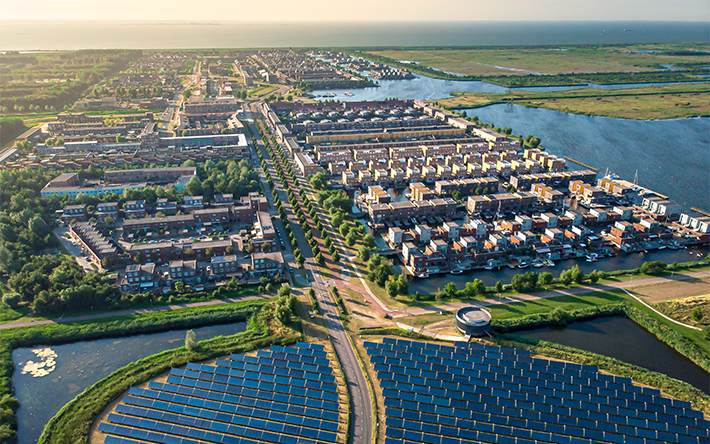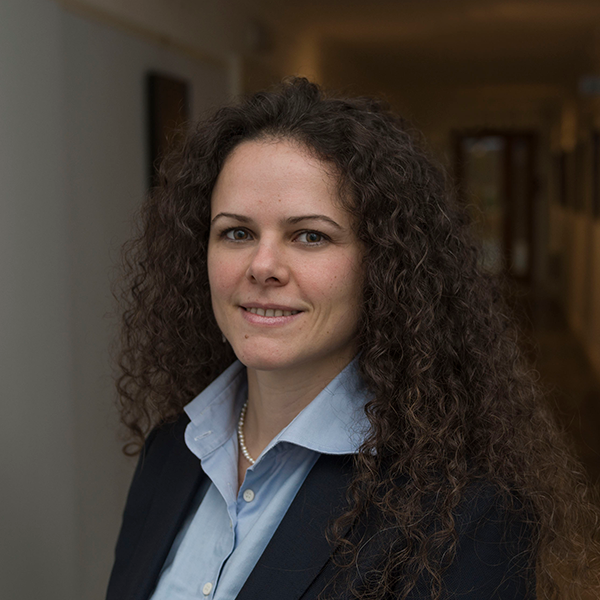
A társadalmi kohézió és konvergencia előmozdítása
A társadalmi kohézió és konvergencia előmozdítása az Eurofound 2021 és 2024 közötti időszakra szóló munkaprogramjában meghatározott hat fő tevékenységi terület egyike. Az Eurofound szakértői központként a továbbiakban is figyelemmel kíséri és elemzi a terület azon legfontosabb tendenciáit és meghatározó tényezőit, amelyeknek szerep jut az élet- és munkakörülmények tekintetében történő felzárkózásban, és a gazdasági és társadalmi kohézió megerősítésében az Európai Unión belül. A Covid19 -világjárvány minden eddiginél nagyobb próbatételt jelent az EU gazdasági és társadalmi ellenálló képessége szempontjából, és rámutat arra, hogy mennyire törékenyek a konvergencia terén eddig elért eredmények.
A következő négy évben az Eurofound fontos meglátásokkal fog szolgálni az Európai Unióban a társadalmi kohézióval és felzárkózással kapcsolatos kihívásokra és kilátásokra vonatkozóan, ezzel segítve, hogy gazdaságai és társadalmai helyt álljanak a jövő sokkhelyzeteiben. Az Eurofound még szélesebb körben folytatja a felzárkózás ügyében az előző években végzett munkáját, külön hangsúlyt fektetve a polgárok között esetlegesen újonnan kialakuló egyenlőtlenségekre és arra, hogy hogyan kezelhetők a válság következtében a társadalmi kohézió tekintetében hangsúlyosabbá váló problémák. Az ügynökség rendszeresen jelentést fog tenni a felzárkózás társadalmi-gazdasági, valamint a szociális jogok európai pillérében tagállami és regionális szinten meghatározott dimenziókban megfigyelhető tendenciáiról, és összeveti az EU helyzetét más fejlett országokéval.
A gazdasági és társadalmi konvergencia hajtóerejének és következményeinek vizsgálata során az Eurofound figyelembe vesz majd számos tényezőt: a szociális beruházást, a mobilitást és az intézményi kereteket, a szabályozást, a jóléti rendszereket, az intézmények minőségét és a közszolgáltatásokat , a szociális párbeszédet és a strukturális reformokat. A kutatás azt vizsgálja, hogy mennyire hatékonyak a világjárványra adott uniós válaszintézkedések a gazdasági és társadalmi konvergencia szempontjából. Az euróövezetben fennálló helyzetet is felméri, és arra is külön kitér, hogy mi a szerepe a munkaügyi kapcsolatok folyamatainak a konvergencia alakításában.
Az Eurofound a társadalmi kohézió európai unióbeli tendenciának és tényezőinek feltérképezése során külön figyelmet fordít majd arra, hogy a Covid19-világjárvány hogyan tette még hangsúlyosabbá a már meglévő egyenlőtlenségeket, illetve hogyan teremtett újabb egyenlőtlenségeket, amelyek szélesebb körben érintik a társadalmat vagy a polgárok bizonyos csoportjait. Az elemzés középpontjában a gazdasági, társadalmi és egészségügyi egyenlőtlenségek állnak majd mind a munkaerőpiacot, mind az alapvető árukhoz és szolgáltatásokhoz, például az egészségügyi ellátáshoz , lakhatáshoz, oktatáshoz és szociális védelemhez való hozzáférést illetően. Az egyenlőtlenségek, az intézményekbe vetett bizalom és az elégedetlenség közötti kapcsolat is vizsgálat tárgya lesz. A kutatás kiterjed még többek között a migráció , az integráció és a társadalmi feszültségek kérdésére.
A tevékenység kutatási eredményei segíteni fogják az Európai Bizottság különböző szolgálatainak, valamint a Foglalkoztatási Bizottság, a szociális védelemmel foglalkozó bizottság, a Gazdasági és Pénzügyi Bizottság, a Tanács és az Európai Parlament munkáját, többek között az európai szemeszterrel kapcsolatosan.
„A Covid19-válság következtében a felzárkózás ismét központi témája lett a politikai vitáknak... A felzárkózás fontos az Európai Unió stabilitása szempontjából. Ha nem sikerül beváltani a felzárkózás ígéretét, azzal az Európai Unió működésének aláásását és azt kockáztatjuk, hogy politikai elégedetlenség alakul ki az Európai Unió törekvéseivel szemben.”
Massimiliano Mascherini, a szociálpolitikai egység vezetője

























